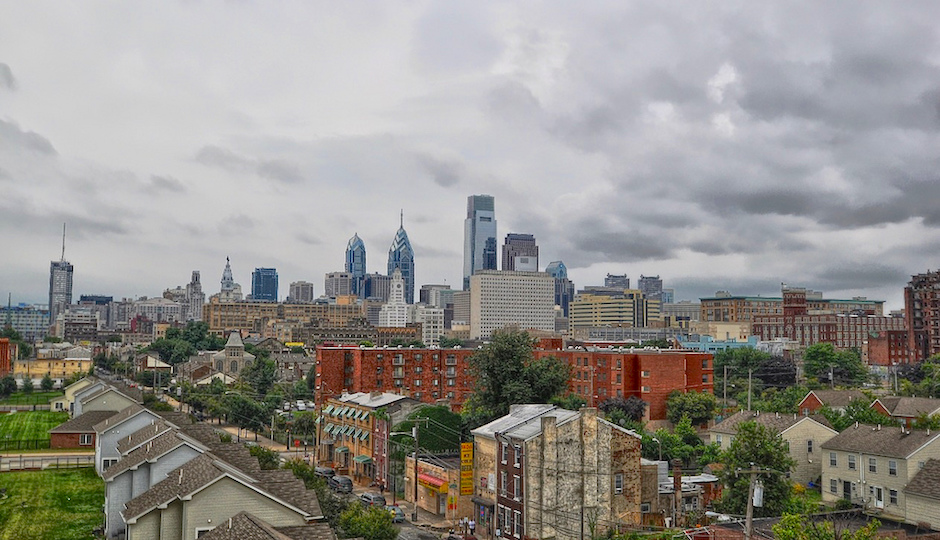Would Tax Reform Really Create 80,000 Jobs in Philly?

Photo credit: Forsaken Fotos via Flickr
A bold plan to overhaul Philadelphia’s taxes by a broad coalition of businesses and labor groups was dealt a major blow this June, when City Council President Darrell Clarke came out in opposition to it.
The Philadelphia Growth Coalition struck back this week, releasing a study that found its proposal would add nearly 80,000 jobs to the city over the next 10 years, while also generating more tax revenue. Without the changes, only 18,000 jobs would be created in that time period, according to the report by Econsult Solutions, Inc.
“Adding 79,000 new jobs would have significant implications for the city’s economy and the quality of life of its citizens,” said Center City District executive director Paul Levy in a statement. “An employment growth rate, more than four times higher than the current rate, will lift more families out of poverty, which not only benefits those families, but also reduces the need for expenditures on social services, police and criminal justice associated with poverty and unemployment.”
The coalition wants to dramatically reduce the city’s business and wage taxes. By 2025, it envisions the city’s 3.9 percent wage tax for residents dropping to somewhere below 3 percent. It would also halve the city’s net-income portion of its business tax over the same time period. But the group is willing to pay a price: Levy and others are proposing to cover the cost of these massive tax cuts by increasing property taxes on commercial buildings.
Why would businesses want to swap one set of taxes for another? The theory is that Philadelphia’s economy would improve if the city lowered taxes on things that can move to the suburbs (businesses and employees), and raised taxes on things that can’t move (properties).
And the stakes in this fight are huge. Supporters of the plan say it is the key to reducing poverty and creating jobs in Philly, while critics say it could throw the city into a budget crisis.
So is the new report, which was commissioned by the Philadelphia Growth Coalition, accurate? Citified is going to dig into the report more in the days ahead. But it’s important to keep in mind that one of the chief concerns raised by Clarke in June is that the proposal is not, in fact, revenue-positive.
“The coalition’s math did not add up,” Clarke wrote in a letter to state Rep. John Taylor, who sponsored legislation that would pave the way for tax reform. Clarke said that the city would actually lose $91 million over the next 10 years under the coalition’s plan, instead of gaining tax revenue because of an increase in economic activity. The coalition, however, said Clarke’s analysis was based on outdated data.
Will this report make officials any more likely to support the coalition’s proposal? Maybe, maybe not. Clarke, for one, is not known for changing his mind on big policy questions all that often.
But it could be marginally helpful in the coalition’s efforts to persuade state lawmakers to support the tax reform plan. It would be even better for the coalition if an independent entity, such as the Pennsylvania Intergovernmental Cooperation Authority or the state Independent Fiscal Office, studied the proposal and drew the same conclusions.
Right now, the state constitution requires municipalities to tax different types of properties — residential and commercial buildings, for example — at the same rate. That’s a clause that Republicans in Harrisburg are fond of, and the only way they’ll consider tweaking it for Philadelphia is if they can be convinced that the coalition’s proposal 1) will be revenue-neutral or revenue-positive, 2) creates jobs, and 3) will be passed by City Council.
It’s a massive lift, in other words. But it’s clear from this report that the coalition isn’t giving up anytime soon.
Econsult’s Study of the Philadelphia Growth Coalition’s Tax Plan